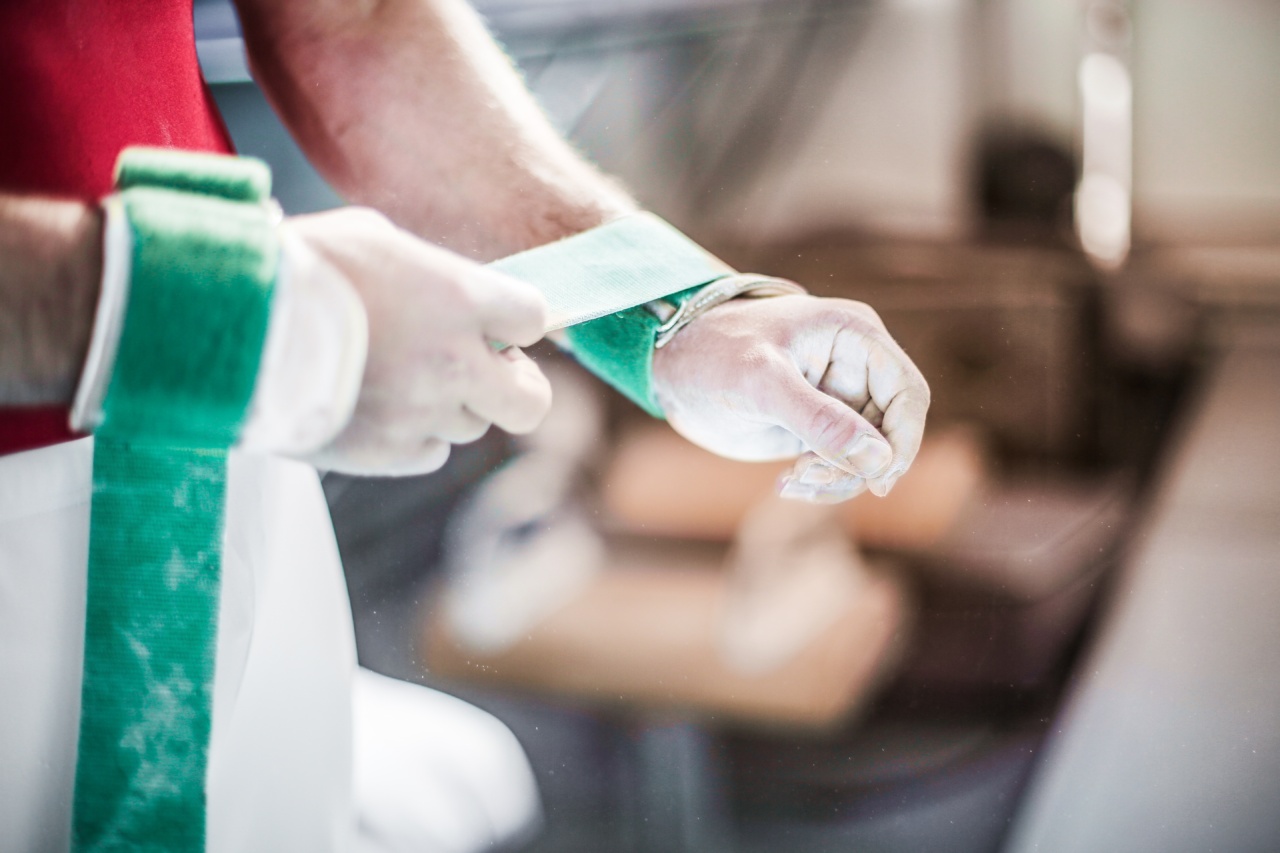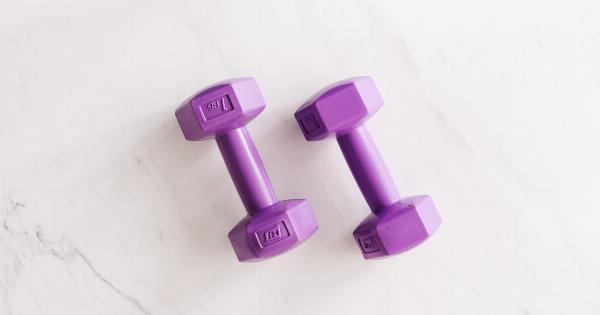When it comes to the benefits of spaying and neutering our pets, there is no shortage of literature discussing the decreased risk of certain cancers and the prevention of unwanted litters.
However, there has also been speculation about the potential for pets to gain weight after being sterilized. Let’s explore the truth about sterilization and dog weight gain.
What is Sterilization?
Sterilization is a general term that refers to the surgical removal of an animal’s reproductive organs. Spaying is the term commonly used for female animals, while neutering is used for male animals.
This surgical procedure not only removes an animal’s ability to reproduce but also changes the hormone production of the animal.
Do Sterilized Dogs Really Gain Weight?
It is a common misconception that sterilization is linked to dog weight gain. However, numerous studies have shown that sterilization itself has no direct impact on a dog’s weight.
In fact, data suggests that sterilized dogs may be more active than their intact counterparts resulting in weight loss, not weight gain.
Why Do Some Sterilized Dogs Gain Weight?
In reality, sterilization indirectly affects a pet’s weight by altering its metabolism and appetite. Sterilization can lead to a decreased production of certain hormones, including estrogen and testosterone.
These hormones play a significant role in regulating metabolism and appetite, so their decrease can indirectly cause weight gain.
Besides this, dogs that are sterilized are more prone to lead a sedentary lifestyle.
This can happen because of factors such as aging and injury but also because pet owners often feel more secure letting a sterilized dog loose without fear of unwanted litters. This results in less exercise, leading to weight gain.
Making Sure Your Pet Maintains a Healthy Weight
It is important to remember that sterilization does not directly cause weight gain but can change hormones, activity levels and diet, leading to indirect weight gain. Here are some tips to help your pet maintain a healthy weight:.
- Provide regular exercise: Take your pet for a walk, play fetch, or go for a swim.
- Monitor calorie intake: Make sure you’re feeding your pet the appropriate amount of food for their body type and activity levels.
- Speak with your veterinarian: If you are concerned about your pet’s weight, your veterinarian can recommend a healthy diet and exercise routine.
- Consider feeding a low-calorie diet: Certain pet foods are specifically formulated to help with weight loss or weight management.
- Keep your pet active indoors: Set up an obstacle course or play hide-and-seek indoors to keep your pet active even when the weather is bad outside.
In Conclusion
While there is no direct relationship between sterilization and dog weight gain, it is important to maintain a healthy lifestyle for your pet to prevent indirect weight gain.
Through providing them with regular exercise, monitoring their calorie intake, and speaking with your veterinarian about healthy diet options, you can help ensure that your pet leads a happy and healthy life.






























